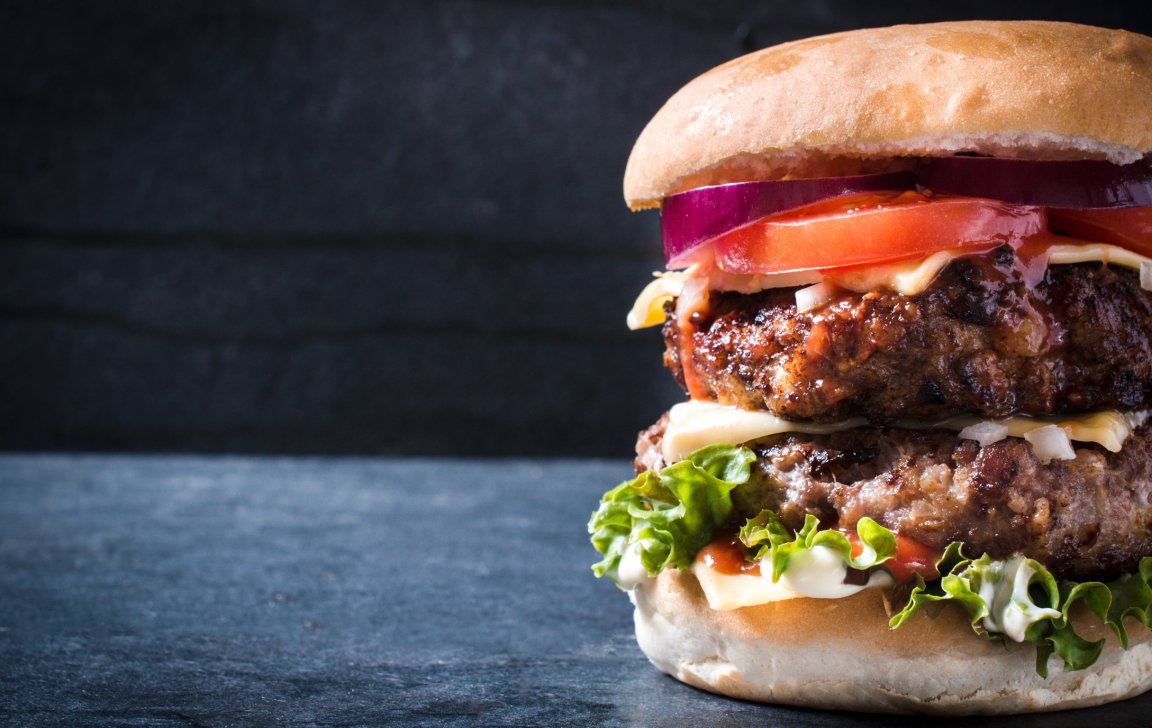
Meat 2.0
Meat is getting a makeover. For the past few decades, meat alternatives have grown from simple soy-based patties that little resemble meat, to plant-based burgers like the increasingly popular and increasingly controversial “Impossible Burger” that give the real thing a run for its money.
In a boost to this growing body of meat mimics, Tyson Foods announced on December 10 that they are increasing their existing investment in Beyond Meat, upping the five percent ownership they acquired last year. The company makes burgers that taste like beef, but are made from plants.

Beyond Meat already sells their burgers in over 5,000 stores and over 4,000 restaurants, hotels, and university dining halls. The new funding will be used to triple its production output, feeding a growing hunger for meatless meat: the Wall Street Journal estimated that meat alternatives brought in $700 million in store sales in 2016, and that the market would reach $863 million annually by 2021.
Tyson Food’s recent investment is part of a much larger movement towards meat alternatives. China and Israel have entered into a $300 million lab-grown meat deal, and Bill Gates and Richard Branson have invested in the future of this technology and concept.
Future of Meat
From their humble soy origins, current meat alternatives are growing increasingly futuristic with such increased support. In addition to plant-based alternatives , there is a surge of research and interest in the possibility of lab-grown meat. This “alternative” would technically be meat, but grown in a lab instead of harvested from actual animals. As the concept of “lab-grown meat” grows in popularity, different research groups continue to innovate, bringing forth in-vitro, cultured meat.
There are efforts now to even engineer food using microalgae — a protein and nutrient-rich concept that is sustainable and responsible in terms of land and resource-usage.
There are a multitude of reasons why the future of meat isn’t exactly…meat. Scientists are looking to preserve the physical integrity and taste of meat while renouncing its animal origins. This is partially because of ethical concerns that many have about the current nature of animal agriculture — namely, factory farming, which often constrains animals to short, unpleasant, and increasingly antibiotic-filled lives.
In addition to ethical concerns, the traditional farming of meat takes up a significant amount of land and resources. The US Geological Suvey estimates that it takes 150 gallons of water to produce just one quarter-pound hamburger. To that end, raising just one gram of beef requires a square meter of land and releases the equivalent of 221.63 grams CO₂. (A single steer weighs over 1,000 lbs, or 453,592 grams, and a single farm can raise hundreds of them.) As such, meat production is a significant and heavy burden on the environment, and is a contributing factor in the progression of climate change.
Hopefully, as newer, stranger meat alternatives are created, these innovations will continue to garner support, and the future of meat will be kind to both our taste buds and the planet.